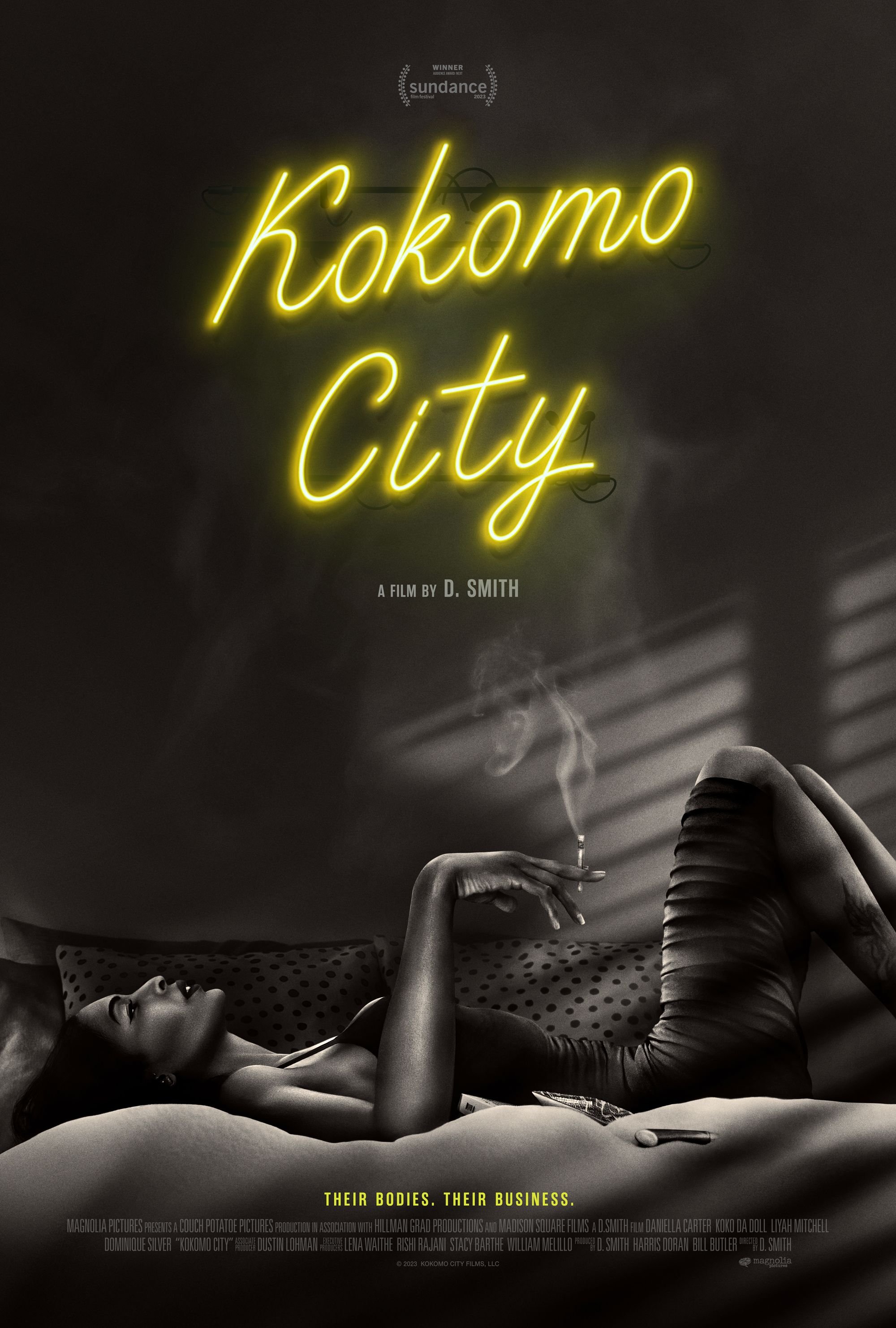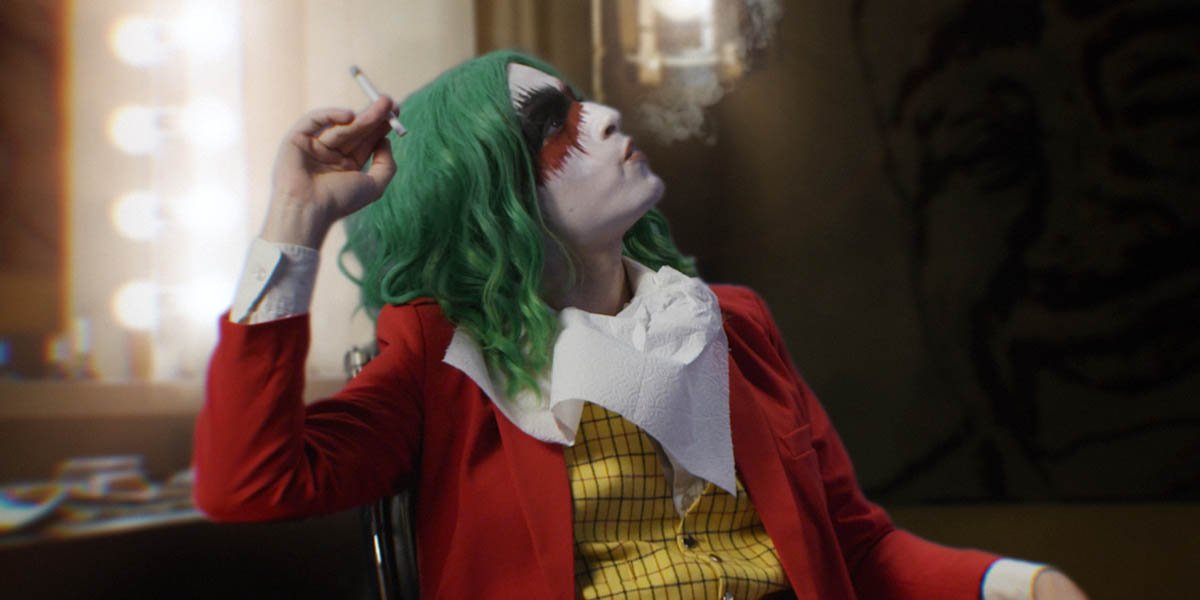By Andrea Thompson
I do love a good change of pace, and after the sweetness of the platonic girl bonds of my prior column, “Love Lies Bleeding” is most definitely that.
A thrillingly twisted, subversive crime tale of blood, love, and murder that embraces the beautifully surrealist absurdity of letting your freak flags fly with a lover who sees the beauty in your darkest darkness, it’s one of the best A24 thrillers I’ve seen, and will likely have a place on my best films of 2024.
Directed and co-written by Rose Glass, who made a splash with her 2019 horror movie “Saint Maud,” it isn’t content to merely delve into the ugliness of each and every character on-screen, it reminds us how such monstrosities are made. The 80’s setting certainly doesn’t hurt in this respect, and “Love Lies Bleeding” takes such care to hammer home who runs this rot-infested vision of America that a kid shows up in a Reagan mask pretty promptly.
Overwrought metaphors aside, I do love a movie that allows its female characters to be truly fucked up. Yes, women love stories which revolve around those of us who triumph over their circumstances and improve themselves by doing the right thing against all odds, or acting as an avatar of hope when things are at their lowest. But we also love throwing likability out the window and letting women get messy, brutal and complicated.
In other words? We can cheer for Wonder Woman and Harley Quinn; it doesn’t have to be mutually exclusive.
Likewise, depictions of lesbian relationships don’t always have to veer into utopian territory. There are indicators that Lou (Kristen Stewart) is trying to shed the toxicity in her life before she ever encounters homeless aspiring bodybuilder Jackie (Katy O'Brian), what with her listening to audio pronouncements on the dangers of smoking as she lights up a cig, and when she first appears she’s literally up in shit at the gym she works at, a clear indicator that things are about to go down.
Denial runs deep though, since shortly after Lou meets Jackie, she not only introduces her to steroids, but teaches her how to put them to use. It’s taken for granted in the relationship they quickly start, with Jackie moving in shortly after and their whirlwind romance spiraling into a tornado by the end. At least it’s a sparkling thing of beauty.
Lou is also the one who unwittingly gets Jackie involved in her complicated family life. We all bring our baggage to relationships, but when your father (Ed Harris being convincingly scary) is a vicious local crime lord with a high body count, there’s a damn good chance things will get messy fairly quickly.
And does it ever. Don’t take steroids kids, because you might take it a bit too seriously. When Lou says she wishes her sister Beth’s (Jena Malone) abusive husband JJ (a nearly unrecognizable hicked up Dave Franco) would die, Jackie takes matters into her own hands, literally, and beats the guy to death with them. Whoa.
Even if you also have the most supportive girlfriend ever, the kind who has a working knowledge of how to dispose of a body that points the finger at someone else, it tends to leave some kind of mark. And shockingly, Jackie’s steroid use spirals to the point where even Lou becomes somewhat afraid of her, even becoming the victim of some domestic violence herself as Jackie begins to come apart.
A24
Much like any story of organized crime worth its salt, everyone in its orbit is enabling a monster in some way, and getting whacked is a big possibility. It’s the feminine duality of Meadow versus Adriana in “The Sopranos”: you either enable and victimize, or you become the victim. In “Love Lies Bleeding,” Lou’s sister Beth (Jena Malone) is the avatar for this particular truth, with her refusal to leave her abusive husband even after he beats her to a bloody pulp and standing firmly with her father when things go awry.
What makes Lou and Jackie worth rooting for isn’t merely their status as main characters who become anti-heroines, but the fact that they are rooted in their love and acceptance of each other. Jackie might even say near the end she wishes she never met Lou, but the two are twisted soul mates by then, and even the death and disposal of a mostly innocent bystander won’t change that.
Who knows? With the slate mostly scrubbed clean of any and all enemies, they are the ones who may even become something healthy…ish. And when your girlfriend’s rage literally transforms her into a powerful giant, that’s the kind of muscle that may stand a chance against the patriarchy.

















